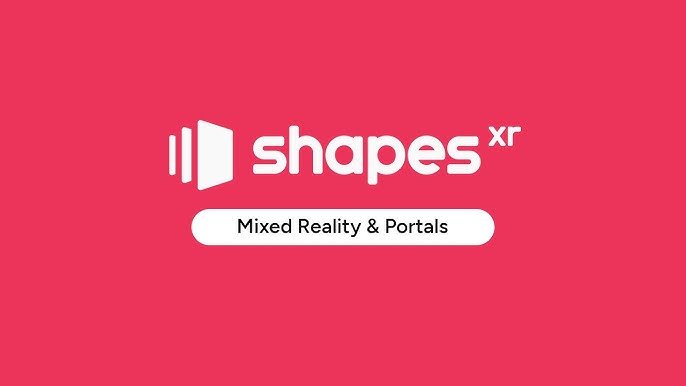“Explore the cosmos effortlessly with the user-friendly Galaxy Observatory – Perfect for astronomy students and enthusiasts"
Galaxy Explorer
Explore Galaxies anywhere & anytime.
Astronomy education becomes accessible through the power of Virtual Reality.
Looking at the stars is deeply rooted in human history and encompasses a range of motivations, from practical navigation to philosophical contemplation and aesthetic appreciation. The night sky has served as a source of inspiration, guidance, and cultural significance for countless generations.
The Problem
In order to design a feasible Immersive solution I conducted a few user interviews of current High-level Astronomy University and faculty students in South Florida to understand their needs and their pain points when utilizing their different University Campus Observatories and leverage an immersive virtual experience that catered to their needs.
Astronomy Student Surveys
Limited Access
•
Technical Complexity
•
Weather Conditions
•
Limited Resources
Limited Access • Technical Complexity • Weather Conditions • Limited Resources
Technical Complexity: Operating telescopes and other astronomical instruments can be technically complex. Students may encounter challenges related to calibration, alignment, and data acquisition
Keith Finley - Sr. Astronomy Student FAU
Limited Access: Observatories are often shared resources, and students may face challenges scheduling time to use the equipment due to high demand or limited availability.”
Monet Goode - Freshman Astronomy
Limited Resources: Some observatories may have limited resources or outdated equipment, restricting the range of observations students can undertake
Channing Lee - Master of Science in Astronomy student at UM
Technical Complexity: Operating telescopes and other astronomical instruments can be technically complex. Students may encounter challenges related to calibration, alignment, and data acquisition
Josh DeFranco - Ph.D. in Faculty Assitant University of Florida - Talahassee
A Different Medium
Designing for virtual reality (VR) presents unique challenges that go beyond traditional 2D or even 3D design.
For this Project, It was crucial for me to outline a 3D wireframe checklist to incorporate the story narrative, navigation path, and unique input mechanisms essential for designing in this medium
3d Wireframe Checklist
Concept Story
Navigation path
Explore Galaxies anywhere & anytime.
Astronomy education becomes accessible through the power of Virtual Reality.
Looking at the stars is deeply rooted in human history and encompasses a range of motivations, from practical navigation to philosophical contemplation and aesthetic appreciation. The night sky has served as a source of inspiration, guidance, and cultural significance for countless generations.
XR rapid prototyping using Shapes XR
Utilizing wireframes, concepts, and initial staging with low-poly models from the tool enables me to rapidly ideate the experience without worrying about heavy rendering or deliverables.
Learning opportunities
Design of 2d UI Pannel in Figma
UI system was designed in figma to latter adapt in uniteough the use of sprites and add interactivity to chance torugh the diferentes scenes and galaxies
Assets Design in Probuilder
Utilized Unity defaulted asset creation tool to recreate basecamp observatory building while refining with the addition of imported textures from the unity asset store to create more realism
Custom Skybox to add an immersive Night sky.
Importing an HDRI image for a realistic night sky and then applying it to our cubemap. The final tweak consists of setting up our environment settings to light with our skybox
Interaction Experience
OnClick events & sound on click
My interactions fundamental were pretty simple. I applied runtime onclick events with a setactive boolean to the object in this case the sprite button that triggers the galaxy scene and hid the rest of the objects. A sound on click was added to provide feedback when the scene was clicked.
Cinematic view Galaxy view
The same procedure was applied to the full galaxy selection, hiding the rest of the elements to only display the galaxy in a cinema view type.
Custom FBX addition
Added extra lush to the scene by importing additonal .FBX


















